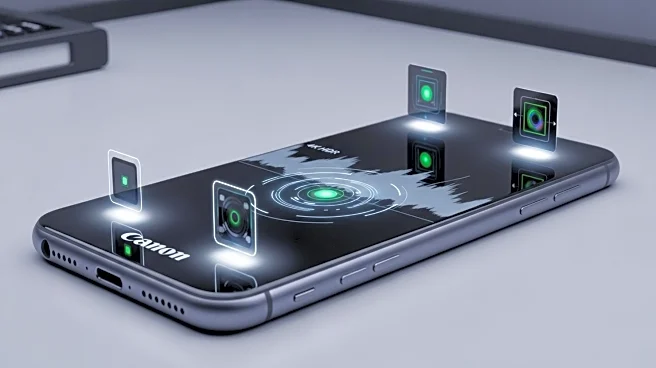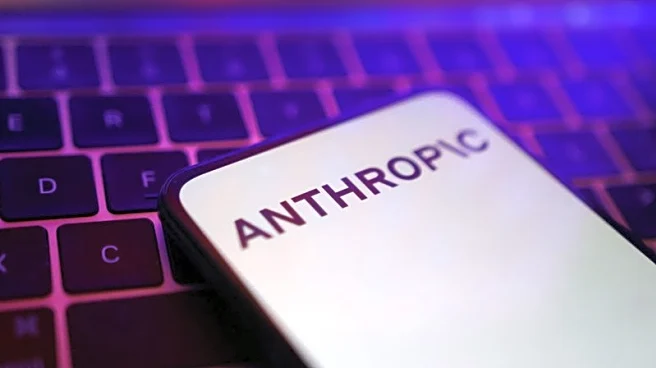What is the story about?
What's Happening?
Research led by Colin E. Vize at the University of Pittsburgh explores the potential of smartphone sensors to detect behaviors associated with mental health disorders. The study suggests that passive data collection from phones could provide clinicians with reliable insights into patients' lives, enhancing assessment and treatment. The findings expand previous research, linking sensor data to a broader range of mental health symptoms.
Why It's Important?
The use of smartphone sensors in mental health assessment could transform how clinicians understand and treat disorders, offering more accurate and continuous data. This approach may improve diagnosis and personalized treatment plans, potentially reducing the burden on healthcare systems and enhancing patient outcomes.
What's Next?
Further research is needed to refine the technology and explore its clinical applications. The development of apps utilizing sensor data could lead to new tools for mental health professionals, integrating technology into traditional care practices.
Beyond the Headlines
The research raises ethical considerations regarding privacy and data security, highlighting the need for careful implementation. It also underscores the potential of technology to address complex health challenges and improve patient care.

















